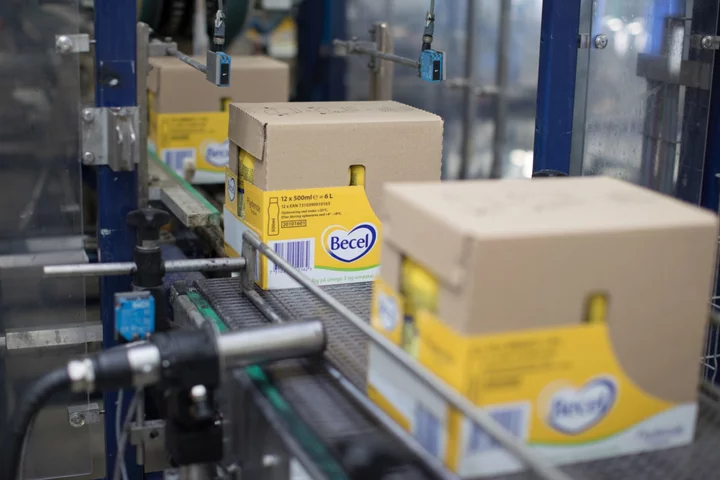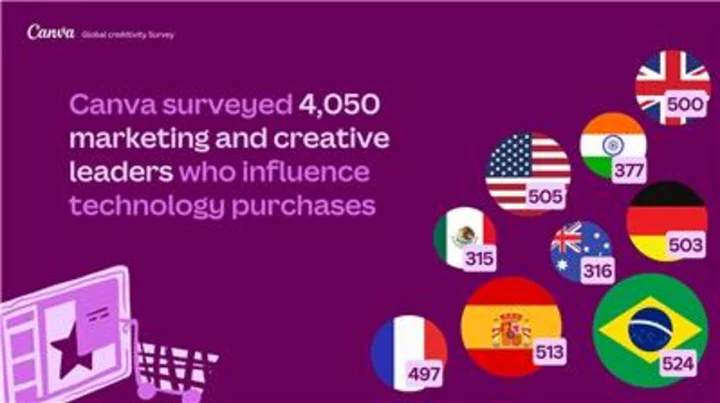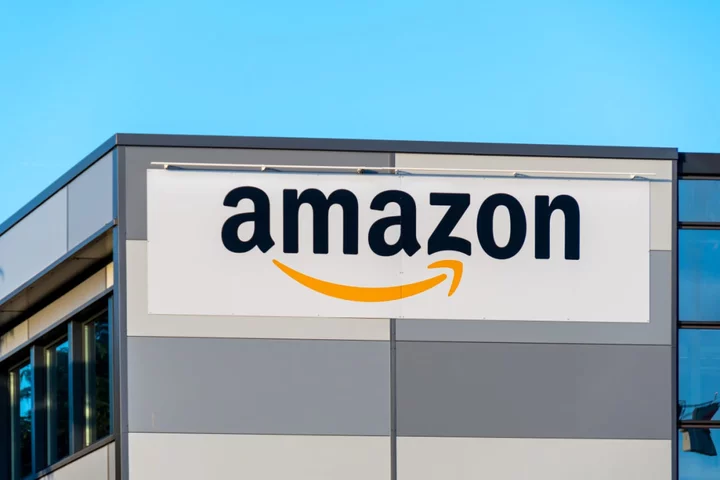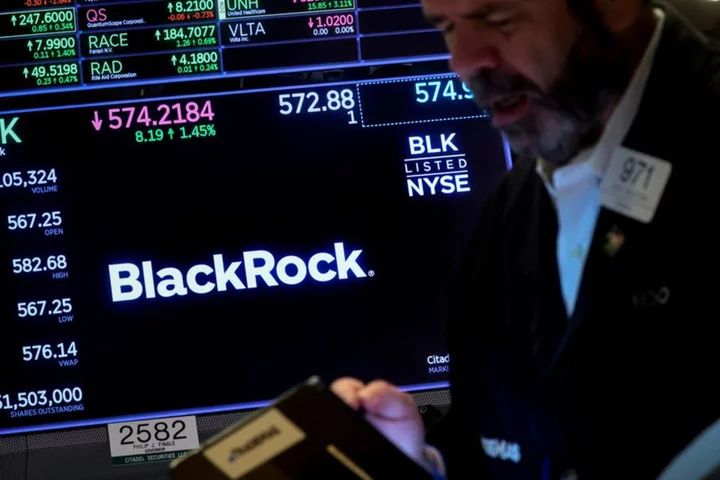When Unilever Plc sold its plant-based spreads business to private equity firm KKR & Co. Inc. in 2018, the consumer-goods giant effectively wiped more than 3 million tons of carbon off its ledger. Now those emissions are set to stick around for an extra decade.
Upfield, which makes plant-based spreads under the Flora, Becel and Country Crock brands, said in an ESG summary released earlier this month that it aims to reach net-zero carbon emissions across its operations and supply chain by 2050. That’s a less stringent target than the one Upfield would have been aiming for had it remained part of Unilever: to reach net zero by 2039.
KKR paid €6.8 billion ($8.1 billion) to acquire Upfield from Unilever, which sold the unit under pressure from investors to accelerate growth and increase profitability after an abortive takeover attempt by US rival Kraft Heinz Co. The spreads unit brought in cash, but didn’t fit with Unilever’s strategy of focusing on trendier, faster-growing businesses. The 93-year-old company makes everything from Dove soap to Magnum ice cream.
Divesting a high-emitting asset can also be a quick way for companies to show they are making progress toward net-zero goals, albeit one that risks shifting emissions to an owner with different plans for how or whether to address them. A Unilever spokesperson said that in 2016, the company’s spreads business was less carbon-intensive than the average of its businesses.
After the acquisition, Upfield redrew its climate roadmap from scratch, says Sally Smith, the company’s global director of sustainability and ESG. KKR also initiated a lengthy overhaul of Upfield’s operations, and spent more than €1.5 billion upgrading systems, products and supply chains, including acquiring plant-based cheese business Violife for €500 million.
Upfield has pledged to be net zero across its own operations by 2030, but the bulk of the company’s supply-chain emissions come from agricultural raw materials, where reductions will require adjustments from multiple suppliers in different countries. Last year, Upfield reduced emissions from operations and its supply chain by 12%, and Smith says those reductions will accelerate moving forward thanks to recent investments.
“In 2022 we saw investment behind some of the big transformations that will start to bear fruit,” she says, referencing initiatives that include a new boiler at a site in Poland. “There’s a whole list of more than 100 projects across our factories and facilities to make sure that we drive energy consumption, carbon transformation, the reduction in the use of energy and electricity and then making sure we use more and more efficient technologies as we move forward.”
Since 2018, revenue at Upfield has largely stagnated. The company reported sales of €3.4 billion in 2022, up only slightly from the €3 billion that Unilever generated from the division in 2016. KKR’s turnaround efforts are complicated by inflation’s impact on the cost of agricultural products like sunflower oil.
Upfield is also affected by conflicting research on the healthiness of plant-based spreads. These products typically contain less saturated fat than their dairy counterparts, but consumers have been deterred by the processing and emulsifiers involved in making them. Upfield wants to emphasize that its spreads are better for the planet — butter and cheese have a much bigger methane footprint, because livestock have high methane emissions — but that’s been a tough leading selling point for makers of plant-based meat.
Smith, for her part, is bullish on plant-based products. “It’s like being the wind turbine of the food sector or the electric car of the food sector,” she says. “Plant-based diets are key to a sustainable future and the plant-based sector, like renewable energy, needs to grow rapidly for the Paris Agreement to be met.”
--With assistance from Akshat Rathi.









